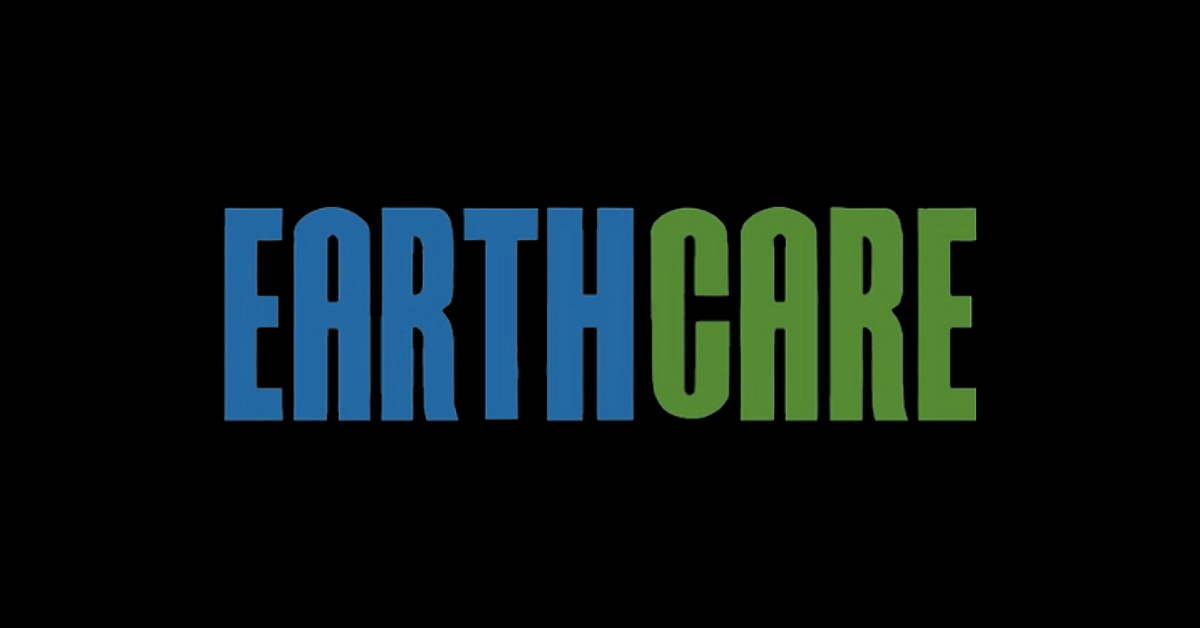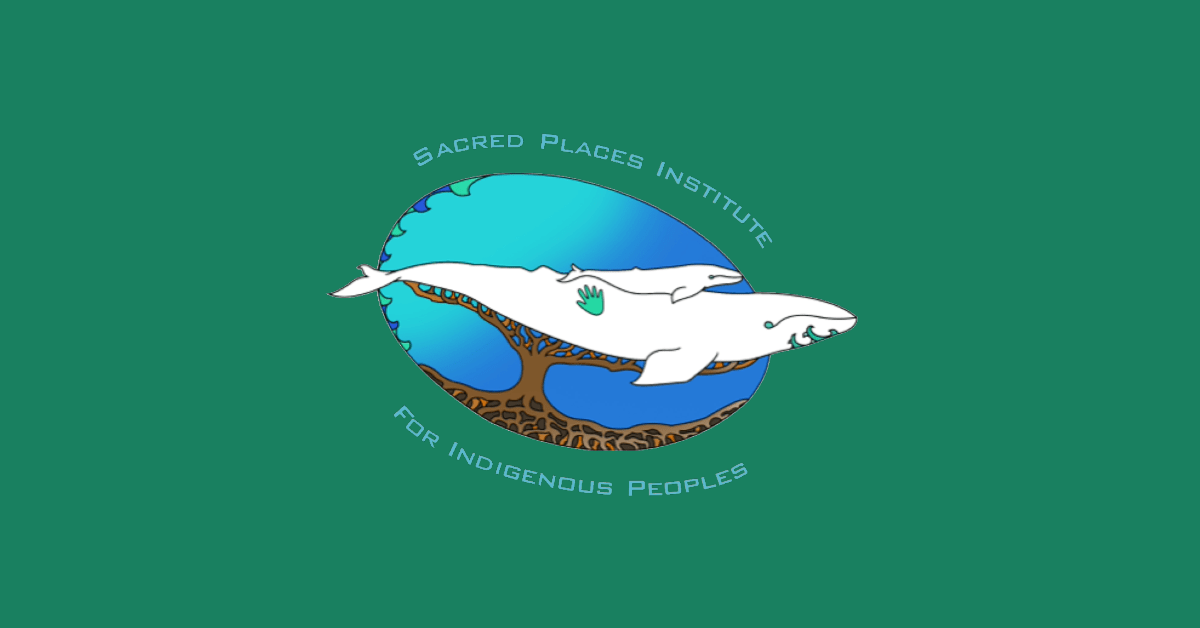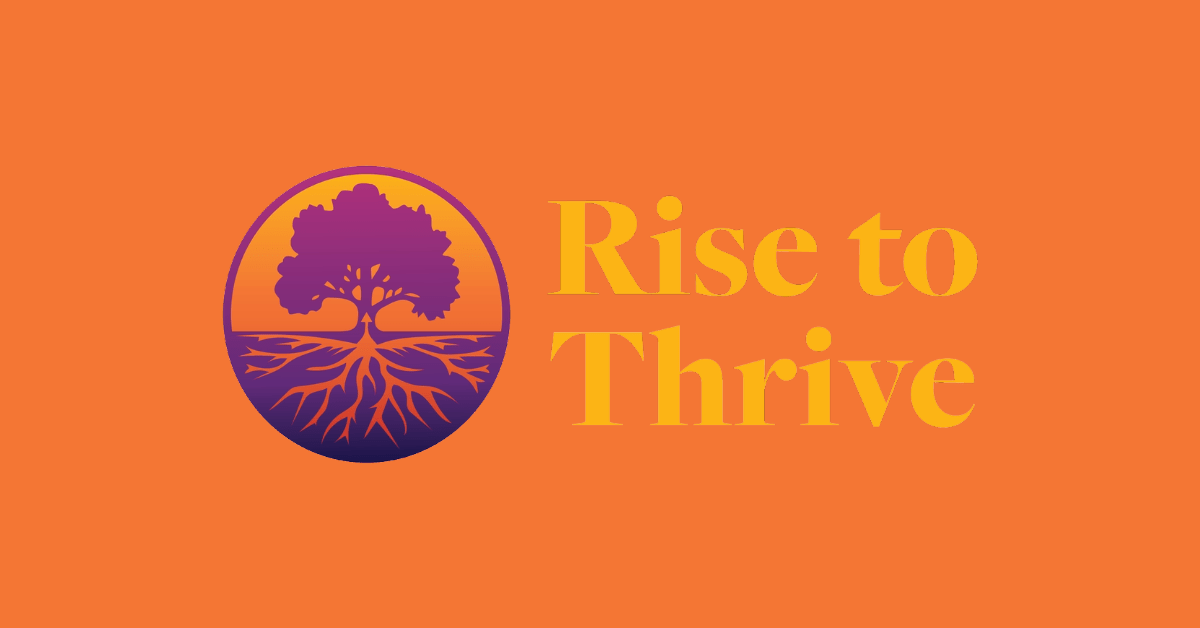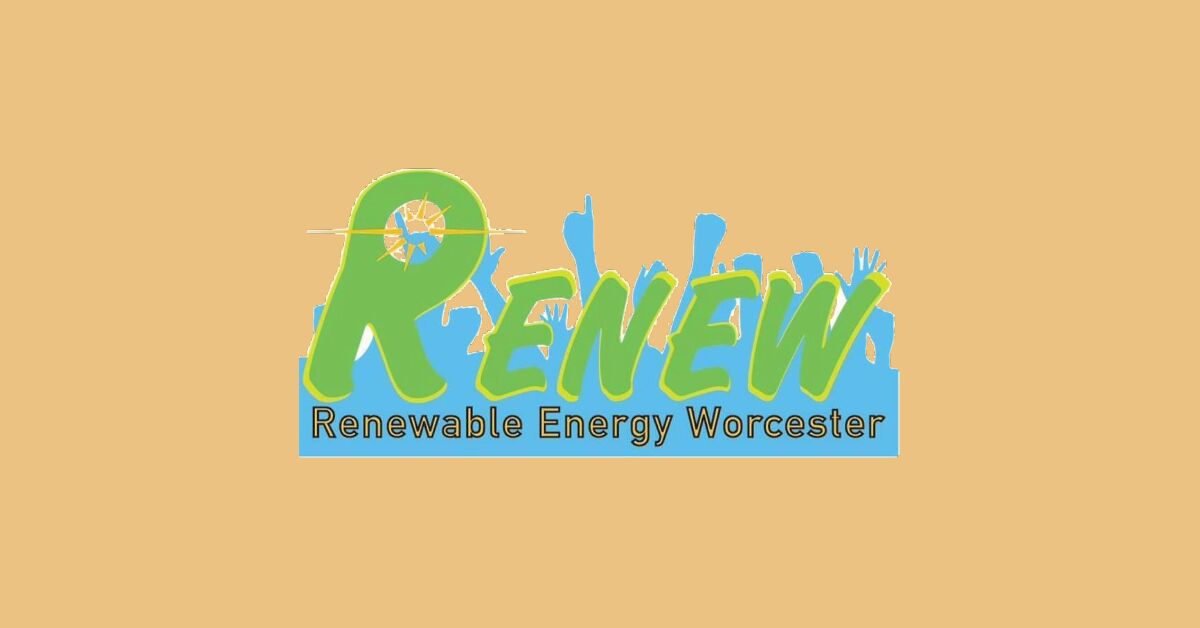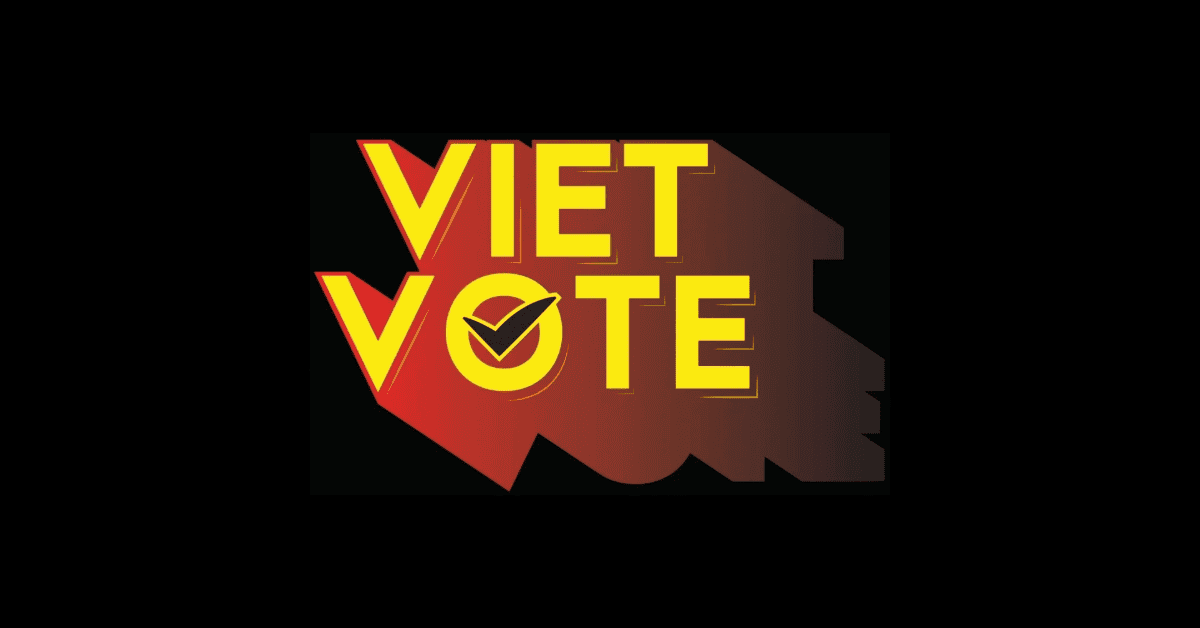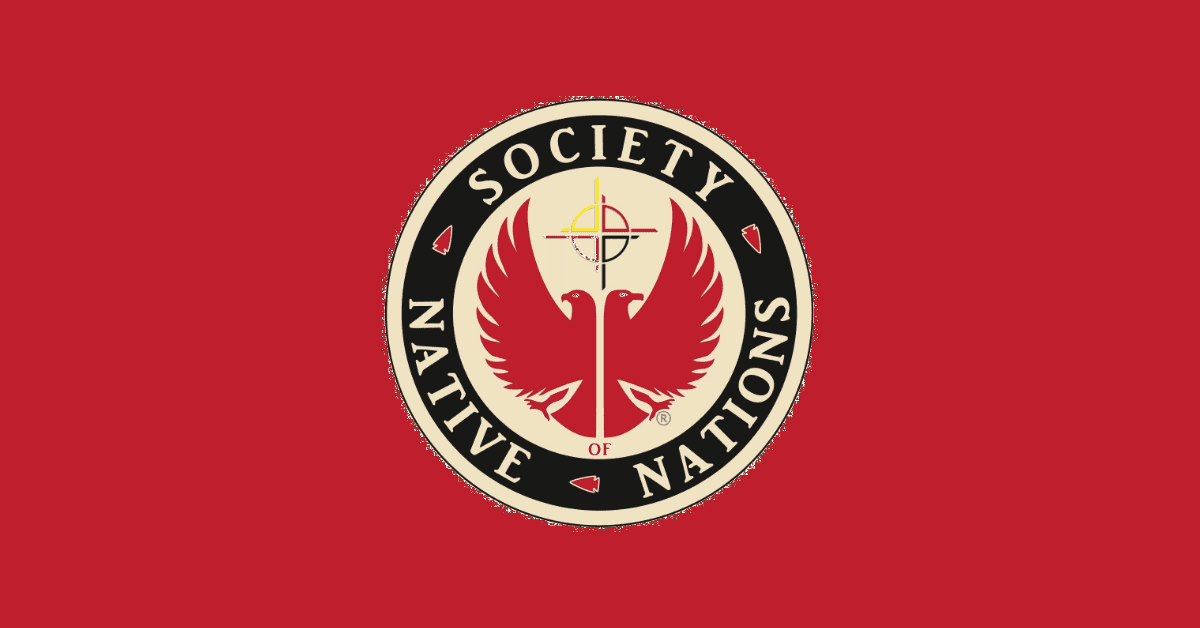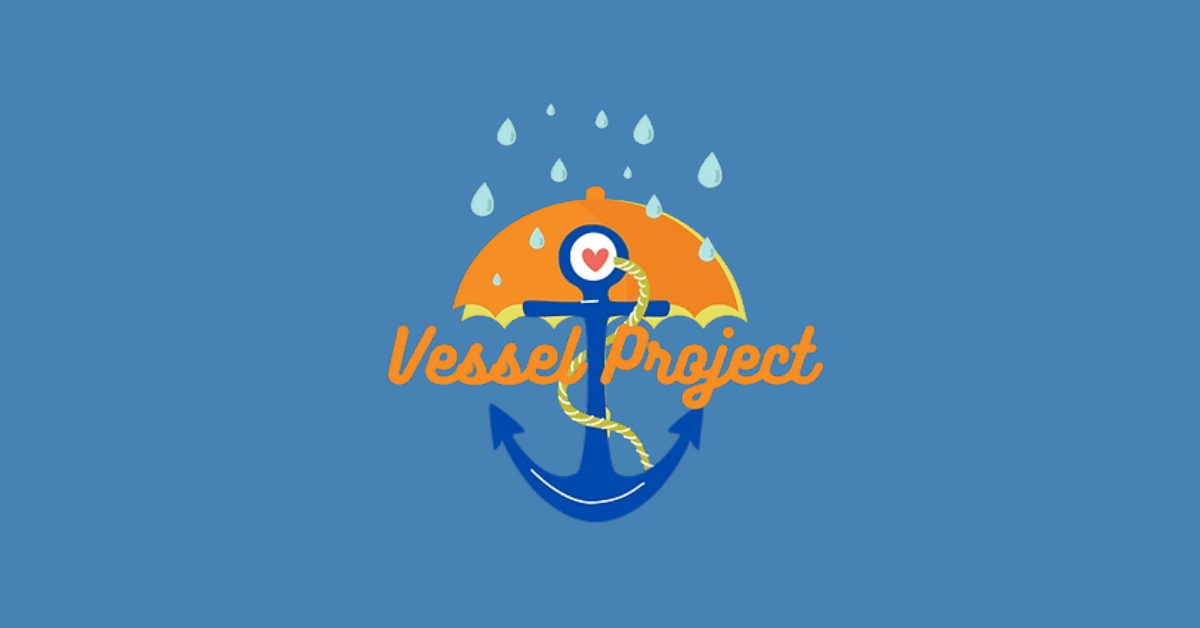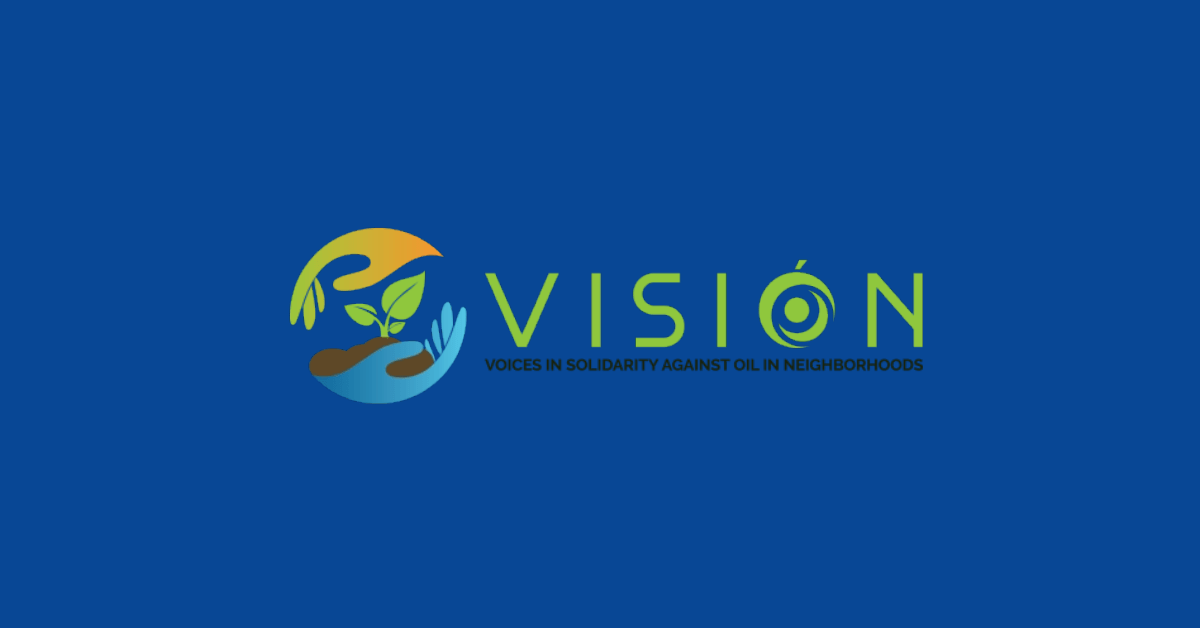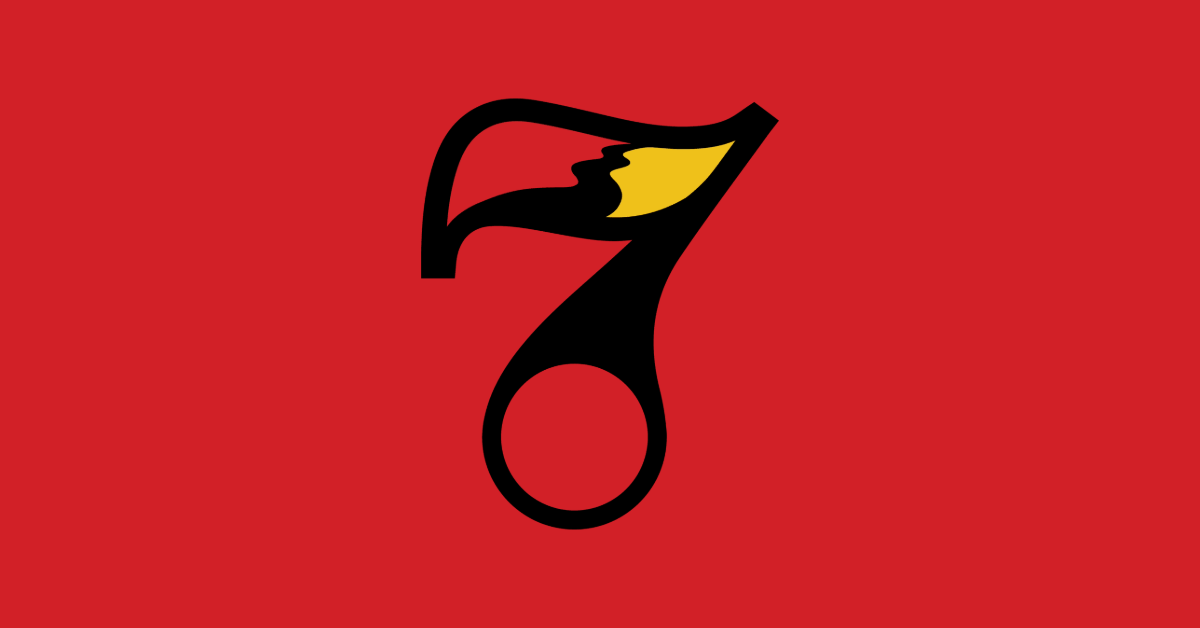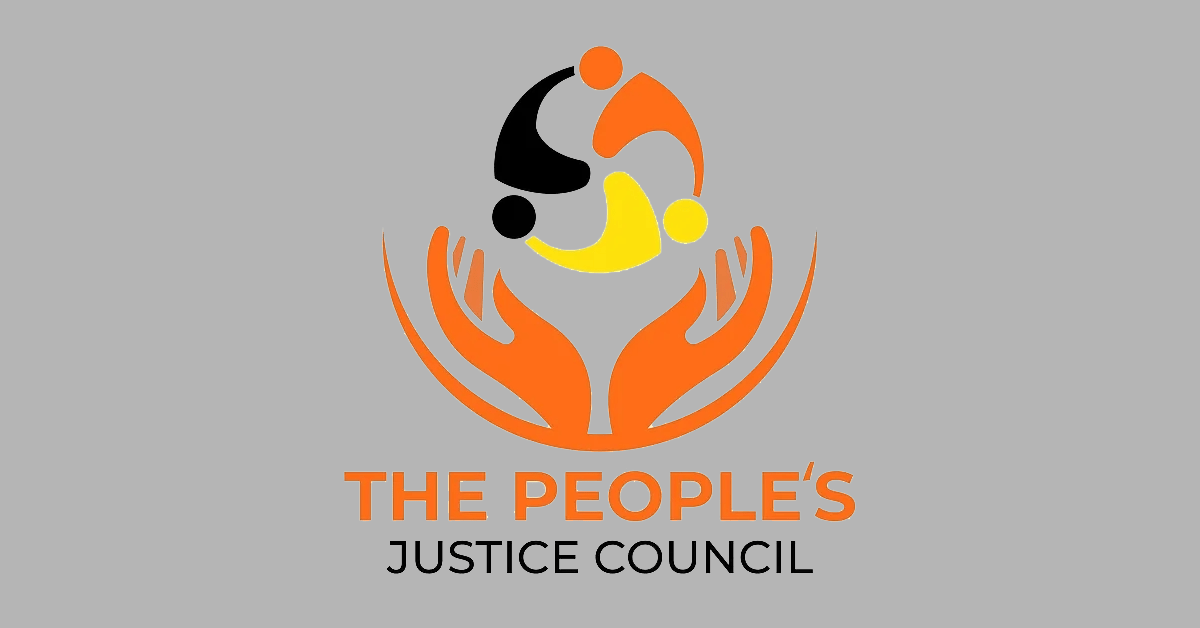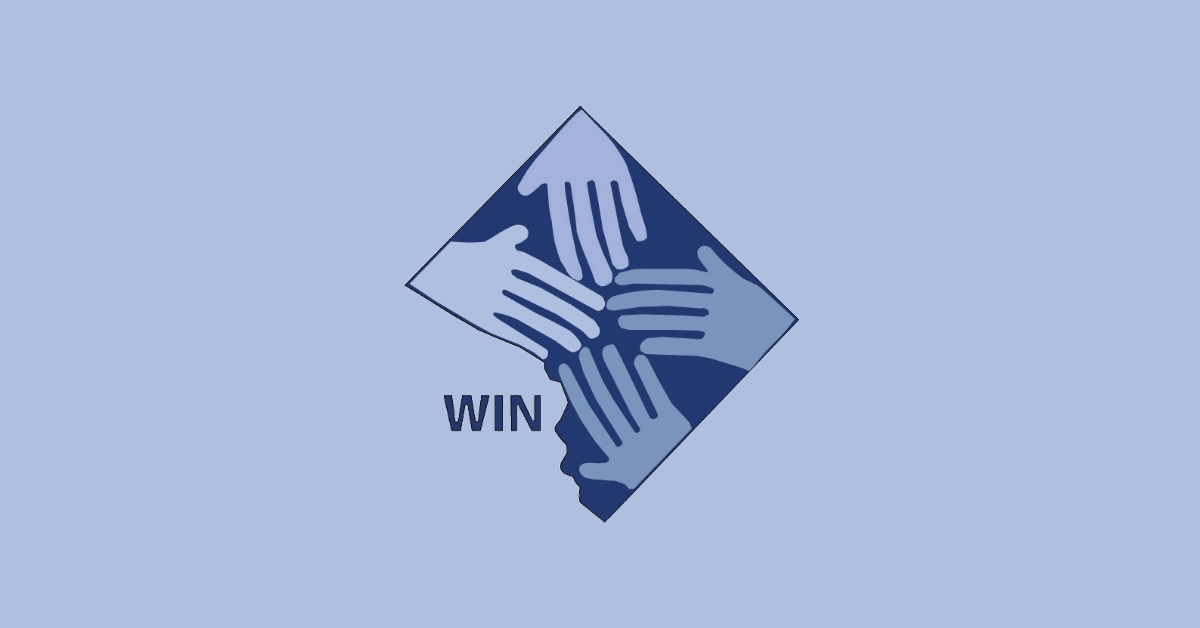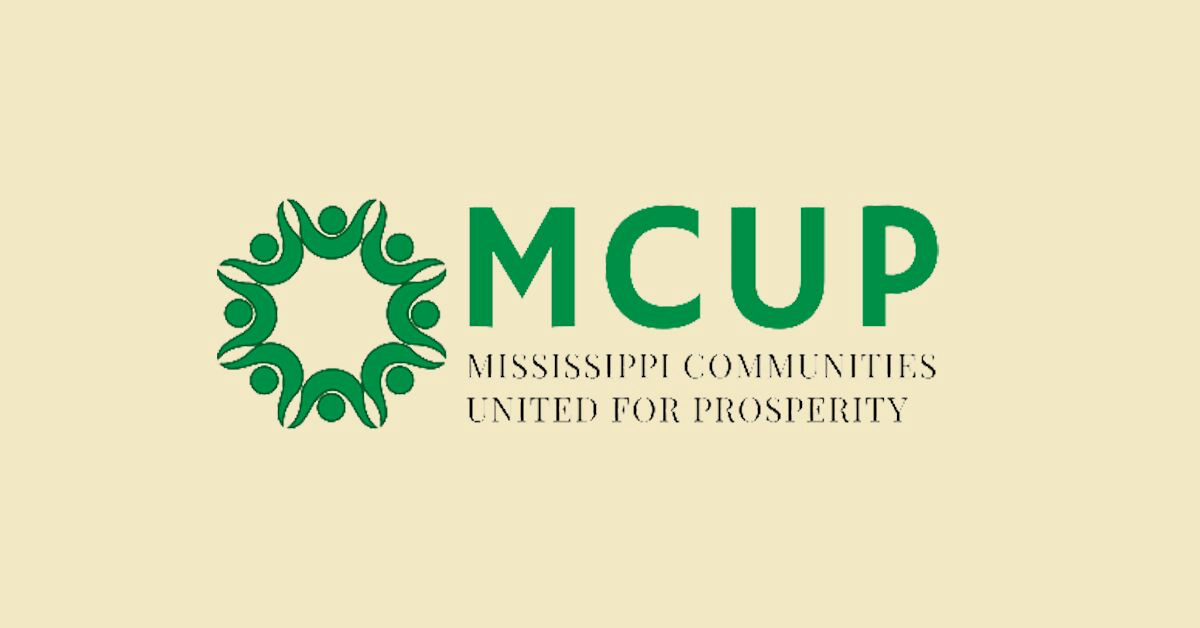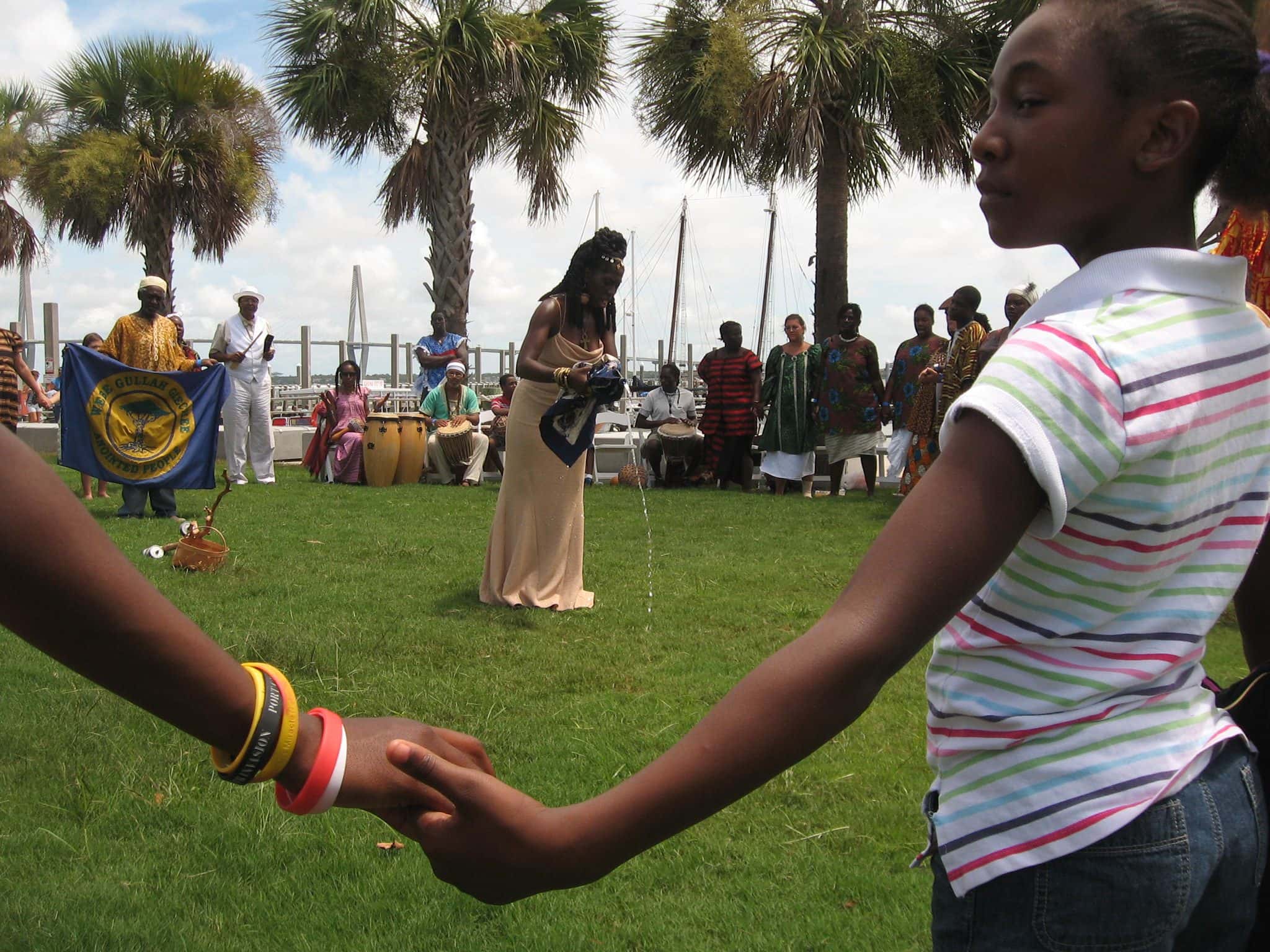
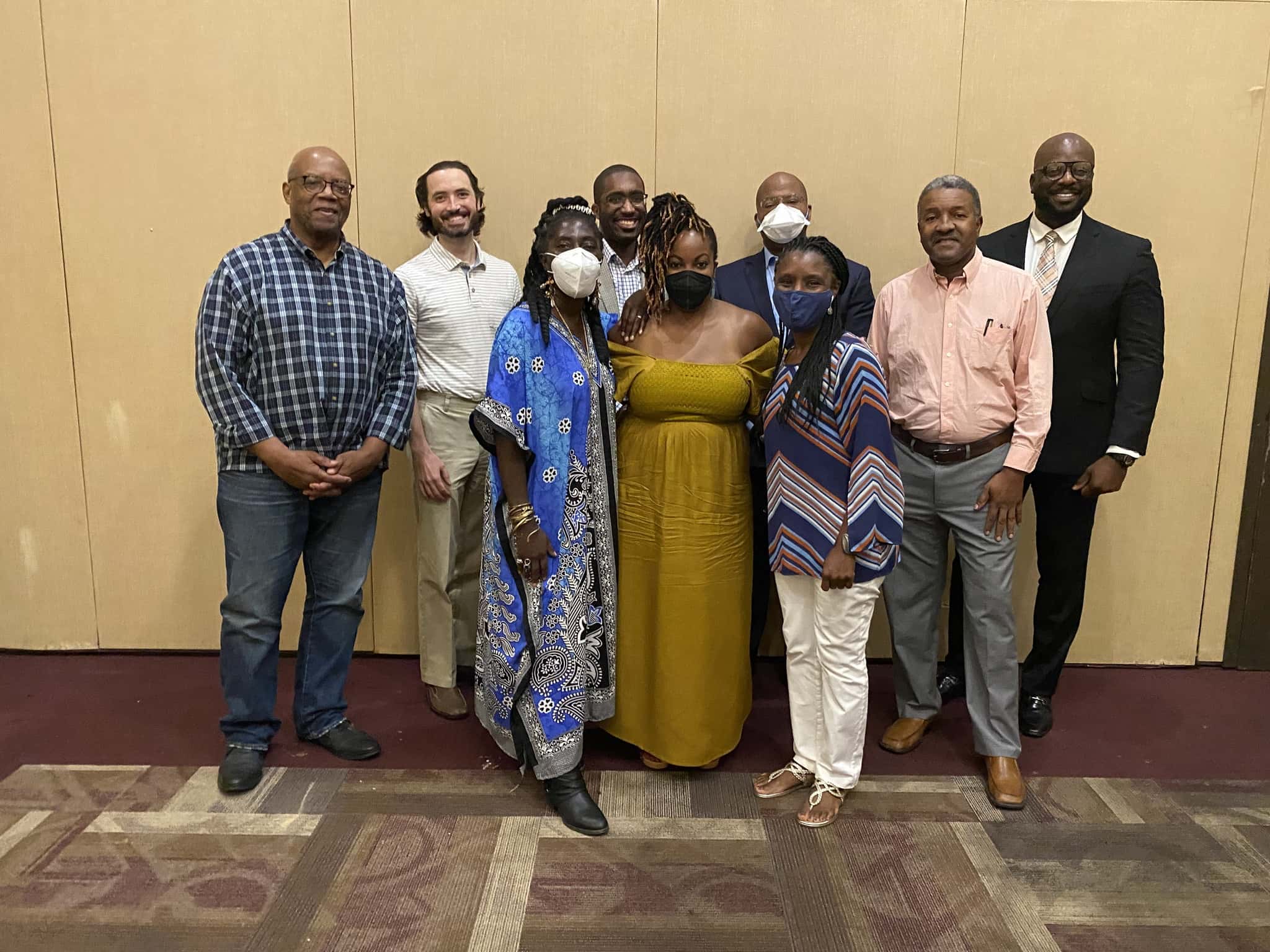
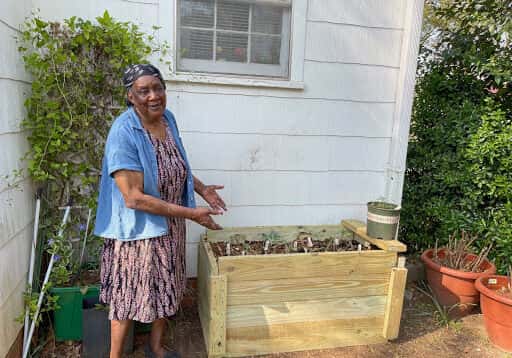
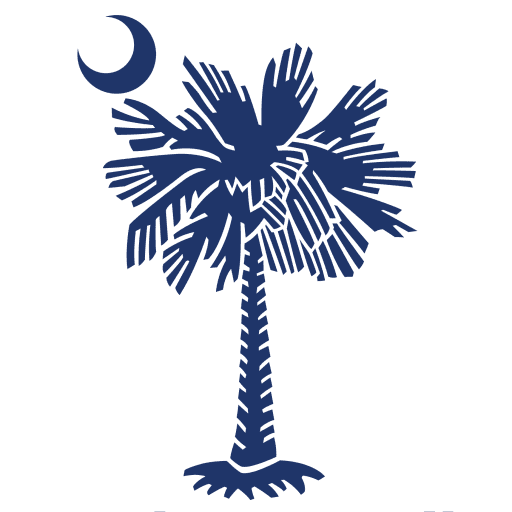
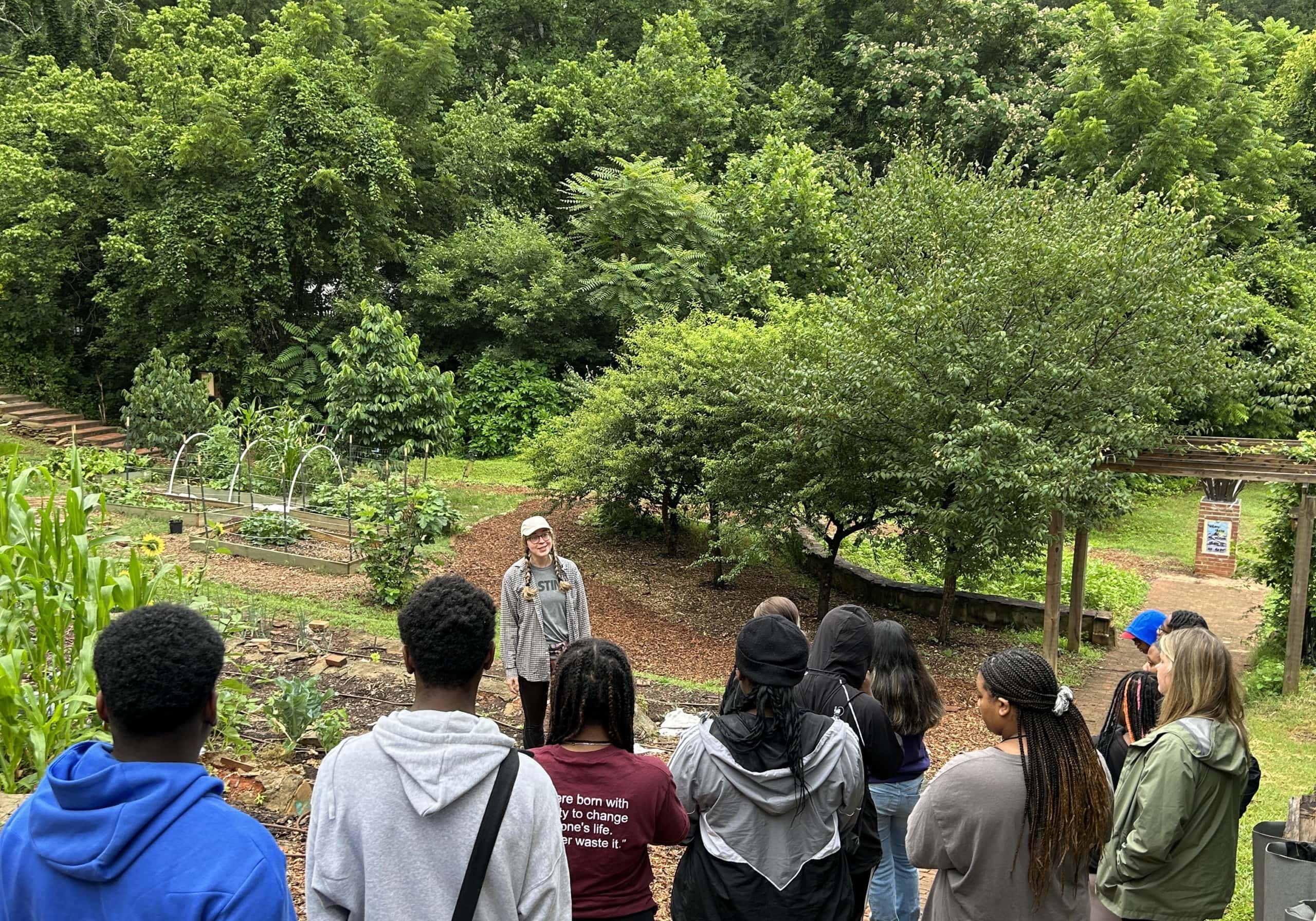
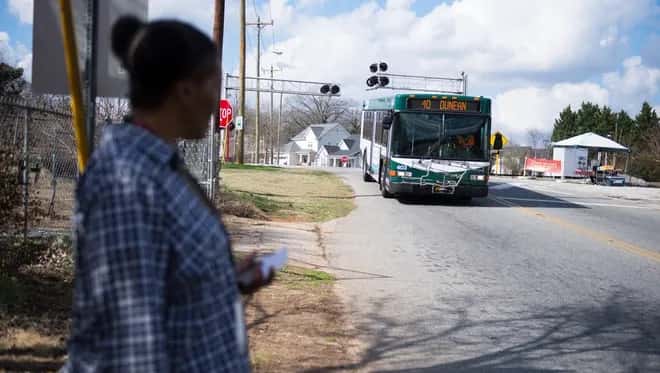
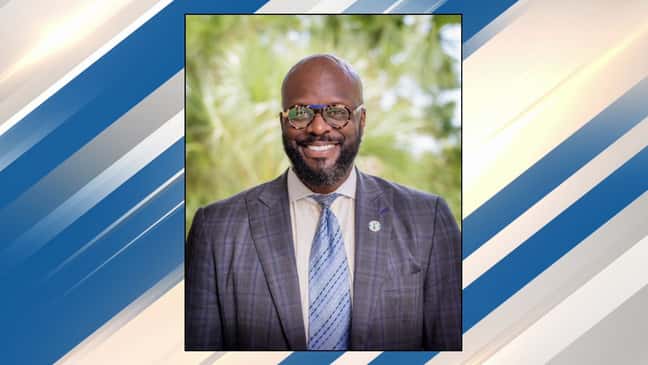
South Carolina Interfaith Power and Light
Greenville, SC
In 2021, Climate Nexus launched an Energy Equity Regranting Project to help resource organizations, tribes, and community leaders on the frontlines of climate change and the impactful work they are doing to fight the gas industry. The energy equity transition grants prioritize grassroots groups with an annual budget of $1 million or less to boost their efforts in racially, ethnically, gender, and culturally diverse communities across the United States and at the intersections of public health and energy justice.
In our second year running the program, 11 organizations received grants ranging from $20,000 to $40,000, including South Carolina Interfaith Power and Light, whose work is detailed below.
Overview
Interfaith Power and Light’s South Carolina’s affiliate was founded in 2011 and has since grown to include more than 50 organizations that serve Southern faith communities. South Carolina Interfaith Power and Light (SCIPL) develops programs and resources to increase awareness around food insecurity and high energy bills, advocates for electric vehicle infrastructure to improve community mobility and sets up resilience hubs.
Activities
Community Education
SCIPL works with Sierra Club in several counties in lower South Carolina to educate community members about public utility commissions, energy co-ops, and utility providers–what they represent, what they do, and how residents can advocate for themselves. For example, on March 23, SCIPL hosted an Emergency Democracy Townhall where they identified and prepped low-income South Carolinians to testify before state legislators and the South Carolina Public Service Commission members – one of South Carolina’s energy regulatory bodies – to request rates not be raised on families.
Combating Food Insecurity with Community Gardens
SCIPL has launched a new program to construct community gardens in communities facing food and energy insecurity. They are looking to introduce lemon balm, hibiscus, grapes native to South Carolina, blackberry bushes, peach, palm, pear, and apple and chestnut trees.
Electric Vehicles and Mobility
SCIPL is exploring ways to use electric vehicles to increase mobility for rural elderly people, low-income residents, and people who do not have access to public transportation. This includes working with municipalities to deploy EV charging stations and to create an electric car share program for local travel that would enable people to make grocery runs, attend doctors’ appointments, access services, and participate in community life.
Lessons Learned
Michael Brown, Executive Director of Sustaining Way reflect on the commitment of community involvement, “[And] there’s a local high-level commitment it takes some focus and some commitment to be able to go to church on a Tuesday, on a Wednesday, on a Sunday, or Saturday for several hours. And they help put on programs that benefit both young and old. You know, the committed, the converted, and the concern. And so it’s, you know, houses of faith and communities of color and people of concern all become intertwined in these opportunities. And so it’s just a blessing that we do have a pool of individuals that will come forth from congregations, whether it’s one or two five or ten. Often those numbers add up and we’re able to do great things because we know that small numbers can lead to mighty things.”
Future and Sustainability
Resiliency Centers
SCIPL is engaging local congregations on how resiliency centers can support the community in times of challenge or, as Executive Director for Sustaining Way Michael Brown says, “in times of the most negative impacts of the four elements [earth, air, water, fire].” For example, SCIPL has already outfitted houses of worship with solar panels and battery storage to provide communities with a place with light and heat during the winter months and cooling centers in the summer months.



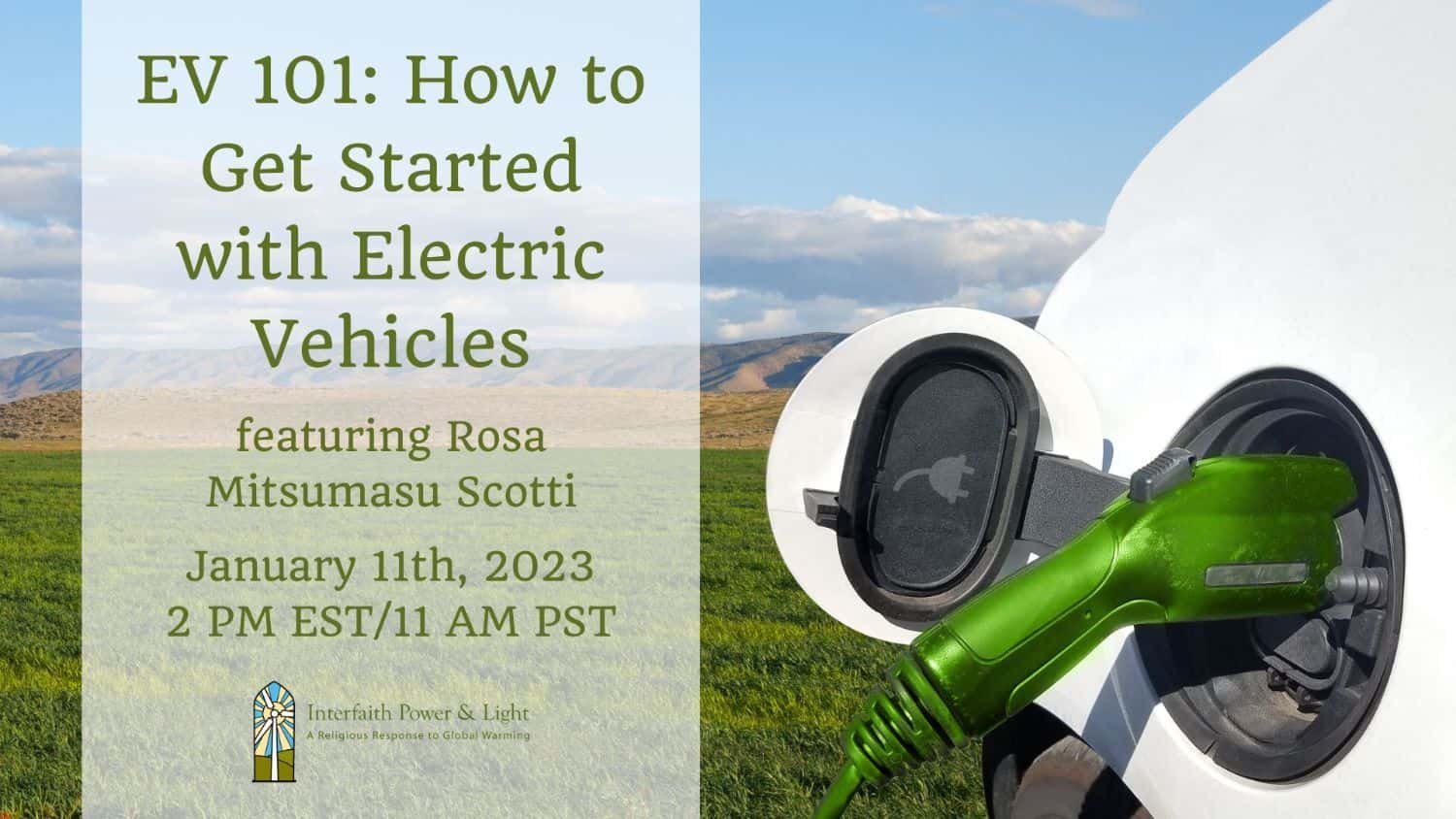



Filter Grantees by Year:
-

Earth Care
Earth Care is fighting false solutions like hydrogen and carbon capture, and is building public awareness of the health dangers of fracking.
-

Sacred Places Institute for Indigenous Peoples
The Sacred Places Institute for Indigenous Peoples is a forum for tribal communities to protect sacred sites and advance environmental priorities.
-

Rise to Thrive
Rise to Thrive builds community among Women and Femmes of Color across the country to catalyze a shift of power within the environmental movement.
-

RENEW Worcester
RENEW Worcester advances energy projects that prioritize communities and the buildout of affordable, renewable energy.
-

Viet Voices
Viet Voices educates San Diego’s Vietnamese community about sustainability, environmental health, and accessible housing.
-

Society of Native Nations
The Society of Native Nations works in Texas and California to contest the oil, gas, and petrochemical buildout from the Permian Basin to the Gulf Coast.
-

The Vessel Project of Louisiana
The Vessel Project is a mutual aid organization supporting people in Calcasieu Parish by meeting their emergency needs efficiently and without barriers.
-

VISIÓN
VISIÓN works with community organizations to establish health and safety buffer zones between oil wells and homes and schools.
-

7 Directions of Service
7 Directions of Service is fighting to cancel the Mountain Valley Pipeline’s Southgate Extension and to advance Rights of Nature laws.
-

People’s Justice Council
PJC organizes not-for-profit electricity coops around Montgomery and is organizing their constituency around energy and environmental justice.
-

Washington Interfaith Network (WIN)
Washington Interfaith Network is working to help low- and moderate income DC households switch from fossil fuels to clean and efficient electric heating.
-

Mississippi Citizens United for Prosperity
MCUP advances energy equity in Black and Indigenous communities by training women in clean energy contracting and project management.


